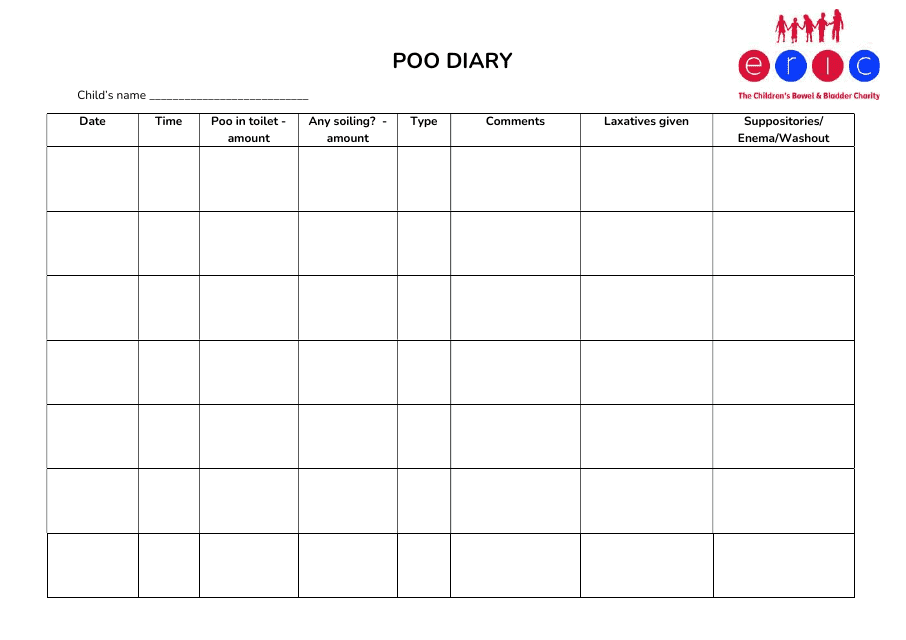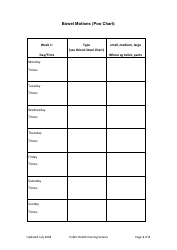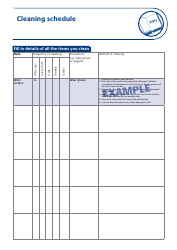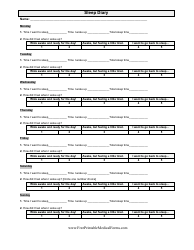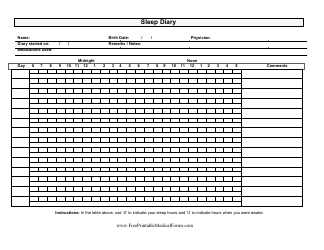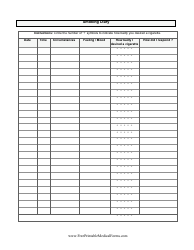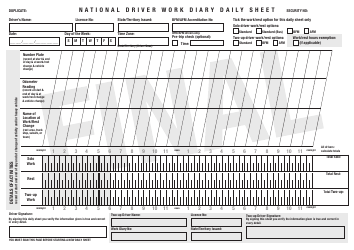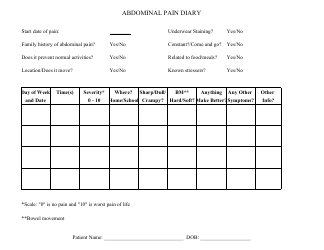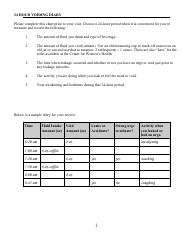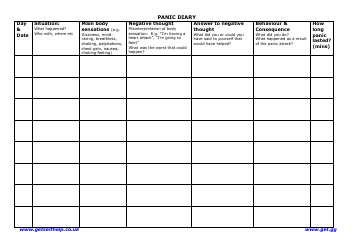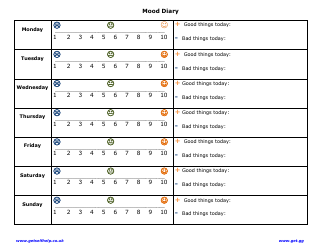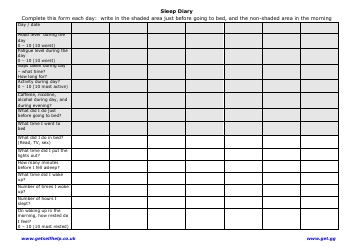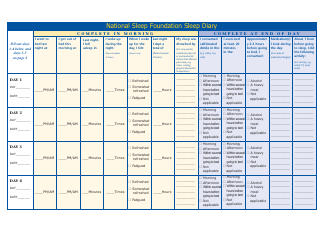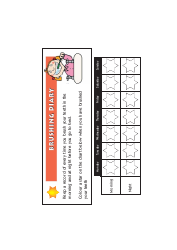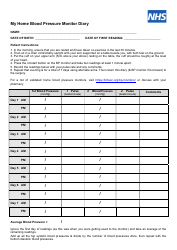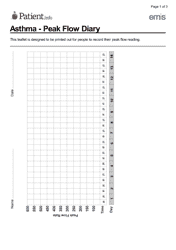Poo Diary - Eric
The "Poo Diary - Eric" seems to be a less common or personal document, perhaps used by an individual named Eric. Generally, a "poo diary" or a stool diary is used to track bowel movements. This can help individuals or healthcare professionals monitor digestive health, identify patterns, or detect potential issues, such as symptoms of Irritable Bowel Syndrome (IBS) or other gastrointestinal conditions. It typically includes information like the frequency, consistency, size, and color of bowel movements. Sometimes, it can also include info about the person's diet and lifestyle habits. However, without more specific context, it's hard to confirm the exact use of this particular "Poo Diary - Eric".
Eric is a fictional character who features in a "Poo Diary". The author or illustrator who files the "Poo Diary" involving Eric could be anyone who uses this character in their work. However, without additional specific details, it's not possible to provide an exact answer. The term "Poo Diary" is often used informally to refer to a diary where one records information about bowel movements, often for health monitoring or for pediatricians to monitor a child's health.
FAQ
Q: Who is Eric from the 'Poo Diary'?
A: Sorry, as a document knowledge system, we don't have specific information about individuals named Eric from a 'Poo Diary'. Please provide more context.
Q: What is a 'Poo Diary'?
A: A 'Poo Diary' might refer to a personal health log where a person tracks their bowel movements. This can be useful for doctors in diagnosing digestive or dietary issues.
Q: How does a 'Poo Diary' work?
A: A 'Poo Diary' works by tracking details of each bowel movement, including frequency, consistency, size, color, and any associated symptoms like pain or discomfort. This information can help recognize patterns and potential health concerns.
Q: Why would someone keep a 'Poo Diary'?
A: Someone might keep a 'Poo Diary' to identify patterns or changes in gastrointestinal health. It can be a useful tool for discussing concerns with doctors, especially when troubleshooting digestive or dietary issues.
Q: Is a 'Poo Diary' a recognized medical tool?
A: Yes, medical professionals do sometimes recommend keeping a health diary like a 'Poo Diary' for diagnostic and treatment purposes. This is especially true in cases of ongoing digestive or bowel issues.
Q: How can I create a 'Poo Diary'?
A: To create a 'Poo Diary', you can use a notebook or a health tracking app. Note down the date, time, and details of each bowel movement, including consistency, size, and any associated symptoms. It's also useful to make note of what you eat and drink, as diet can significantly impact bowel health.
Q: Can keeping a 'Poo Diary' help diagnose diseases?
A: Yes, keeping a 'Poo Diary' can help in the diagnosis of various diseases like irritable bowel syndrome, Crohn's disease, and other gastrointestinal disorders. However, it should be used in conjunction with medical advice and not as a standalone diagnostic tool.
Q: Do all doctors recommend keeping a 'Poo Diary'?
A: Not all doctors may recommend keeping a 'Poo Diary'. It's typically recommended to individuals experiencing ongoing digestive or bowel issues, or those needing to track the impact of changes in diet or medication.
